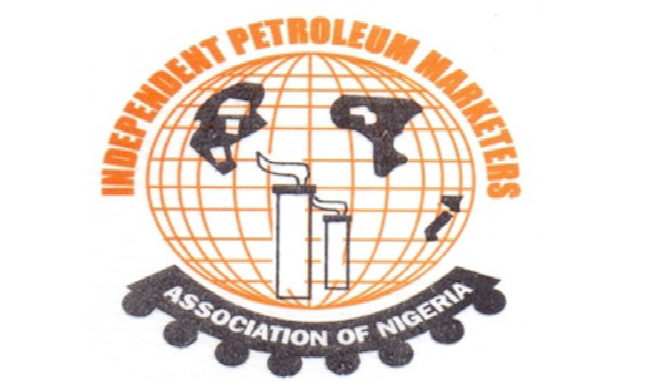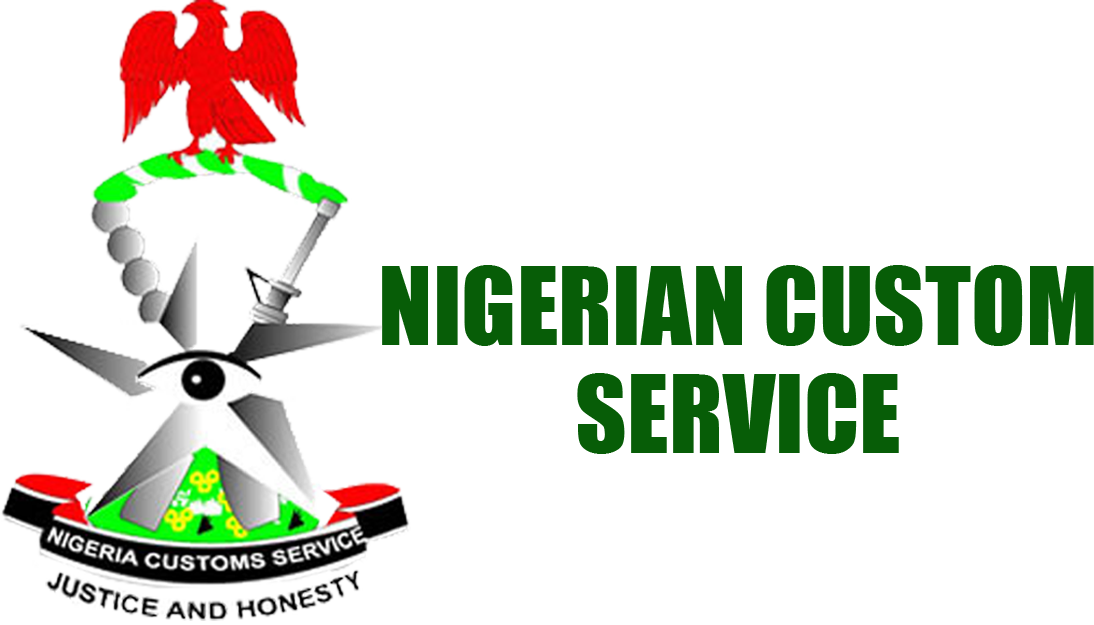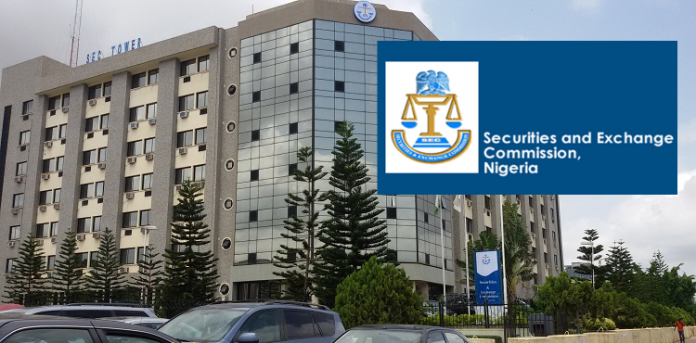Annually, the Transparency International (TI), a global coalition against corruption, ranks countries according to the perception of their performance on corruption. Most times, Nigeria performs poorly on the Corruption Perception Index (CPI). With the anti-corruption measures put in place by the government, the expectation is that the country will significantly improve with time on this index. Unfortunately, the improvement has been very marginal.
In the 2024 CPI released on February 11, 2025, Nigeria was ranked 140 out of the 180 countries assessed. The country scored 26 points out of 100, one point higher than the 2023 score of 25, to emerge the 36th most corrupt country in the world. The most corrupt country is South Sudan, followed by Somalia and Venezuela. The least corrupt country is Denmark with 90 points. It is followed by Finland with 88 points and Singapore with 84 points. No African country made the list of top 10 least corrupt countries. The CPI ranks 180 countries and territories based on perceived levels of corruption in the public sector. The scale is from 0 (highly corrupt) to 100 (very clean).
While it seems that Nigeria has recorded an improvement in the CPI, it is worthy to note that the score of 26 points falls far short of the sub-Saharan African average of 33 points and global average of 43 points. In the 2021 CPI, TI ranked Nigeria 154 out of 180 countries. In 2022, the country ranked 150 out of 180 countries. Though the country moved four steps up in 2022, the score remained 24 out of 100 points, the same score in 2021. In 2023, it ranked 145, an improvement of the 2022 ranking of 150.
High-profile corruption, opaqueness in the subsidy regime, judicial challenges and the pardon of some convicted distinguished individuals, among others, informed the 2022 CPI result for Nigeria. Also, the volume of illicit financial flows from Nigeria contributed in making people see Nigeria as a corrupt country. The Nigerian Financial Intelligent Unit (NFIU), for instance, flagged suspicious transactions valued at N150 trillion in the first quarter of 2022.
Besides, the police who mount roadblocks along major highways thrive on extortion. The customs who are at various entry points into the country try to outdo the police in the extortion industry. Most civil servants do not do their work except you bribe them. From the executive to the legislature and to the judiciary, the level of corruption in the polity remains shocking to a discerning observer.
In some instances, the ruling class award contracts worth billions of naira without due process. Some of them divert public money meant for constituency projects and others into their personal accounts. While the masses are dying of hunger and other deprivations, they go home with luxury cars and budgets billions of naira for the renovation of their houses.
In some cases, elections are manipulated and the wrong candidates declared winners. The aggrieved candidates are asked to go to court. At the courts, some judges compromise their position by stamping their judicial authority on the electoral heist.
Our anti-corruption agencies such as the Economic and Financial Crimes Commission (EFCC) and the Independent Corrupt Practices and other Related Offences Commission (ICPC) have been trying to fight corruption to a standstill. In January this year, the EFCC arrested 105 suspected internet fraudsters comprising four Chinese and 101 Nigerians in Abuja. In December 2024, the Commission similarly arrested 792 suspected investment and internet fraudsters in Victoria Island, Lagos.
Corruption has caused a lot of damage to the reputation of Nigeria. Outside the country, almost every Nigerian is seen first as a fraudster until proven otherwise. Some of our compatriots have been harassed and embarrassed abroad for no other crime but for being a Nigerian.
The monster contributes to the poor ease of doing business which forced some multinationals to relocate from Nigeria. It is estimated that corruption cost Nigeria about $18billion annually.
Good enough, the Federal Government has made some efforts to tackle the problem. Recently, the Attorney-General of the Federation and Minister of Justice, Mr. Lateef Fagbemi (SAN) inaugurated the Inter-Ministerial Committee (IMC) and the Monitoring & Evaluation Committee (M&E) of the National Anti-Corruption Strategy (NACS) in his office in Abuja. The inauguration, according to Fagbemi, is a significant step under the NACS and its Action Plan for ensuring the institutionalization of accountability, transparency, and effectiveness in the public sector.
NACS is a Federal Government policy anchored on five pillars. They are prevention of corruption, public engagement, campaign for ethical re-orientation, enforcement and sanctions, and recovery and management of proceeds of crime. It was established in compliance with Nigeria’s national and international obligations on tackling corruption and to fulfill the United Nations Convention Against Corruption (UNCAC), which Nigeria signed in 2003 and ratified in 2004.
In all, our leaders must play a big role if we must tackle corruption effectively. They should stop using operatives of the EFCC as attack dogs against political opponents. They should strengthen and equip the judiciary. Above all, they should live by example.




 1 week ago
47
1 week ago
47







 English (US) ·
English (US) ·